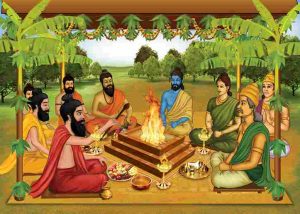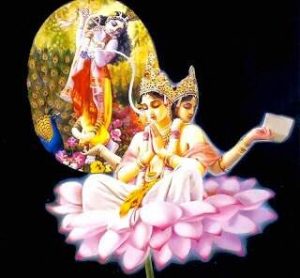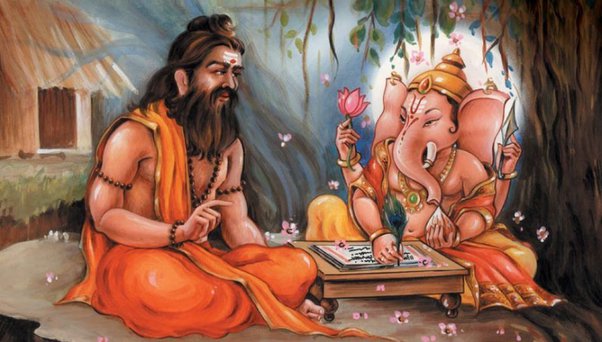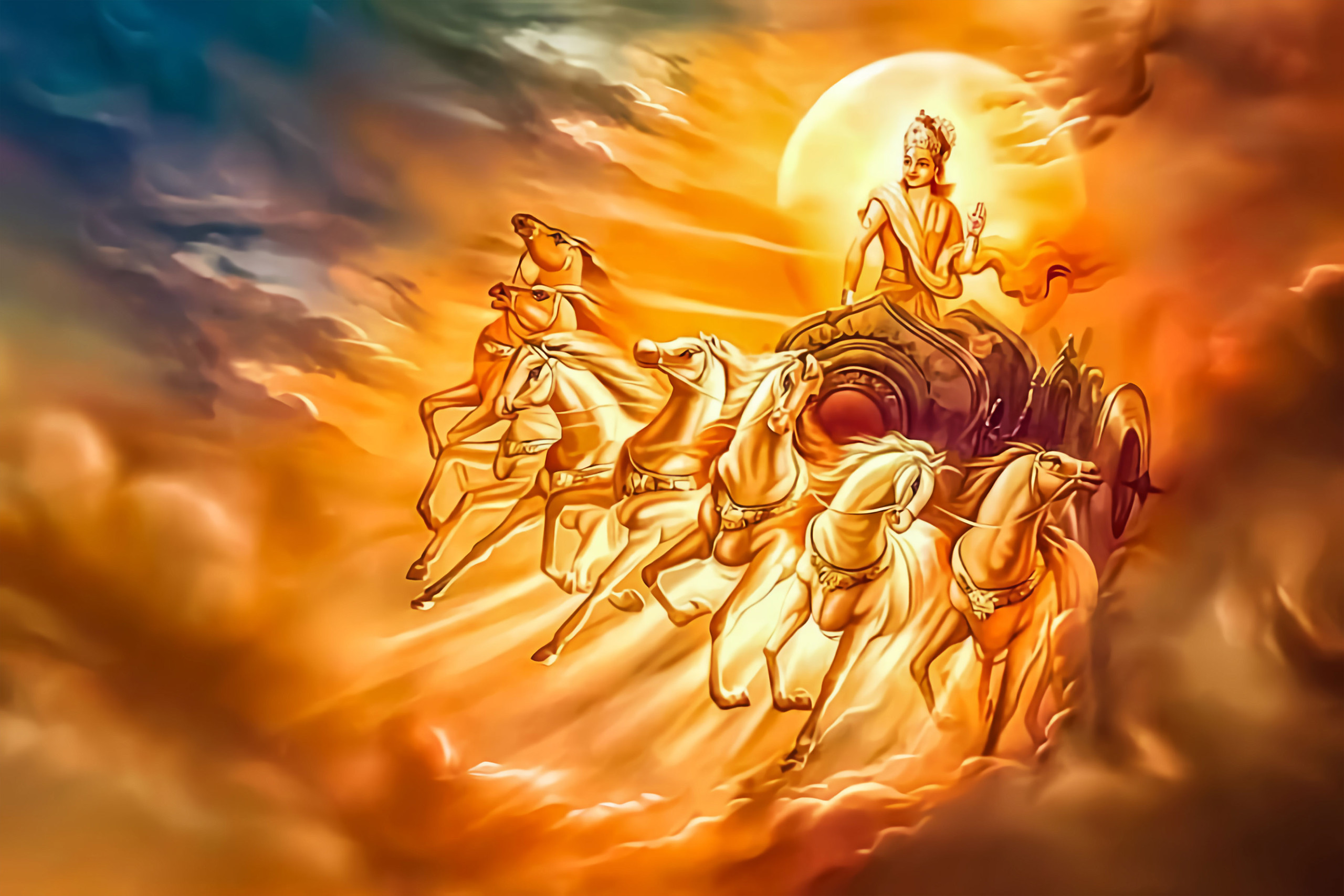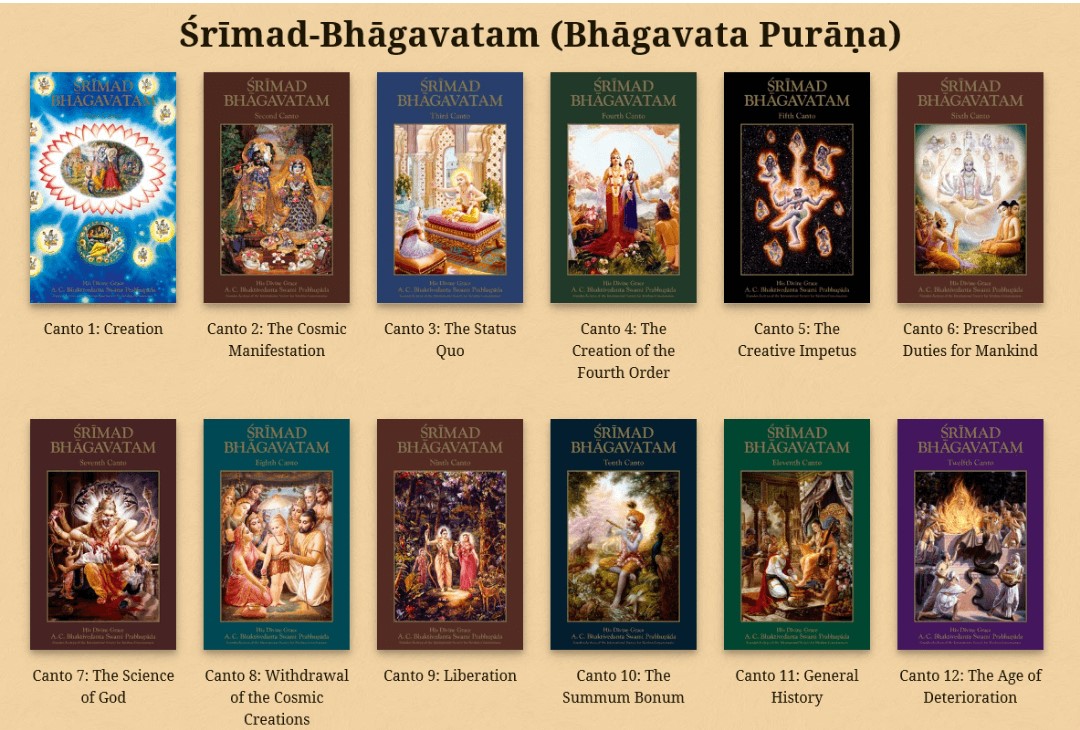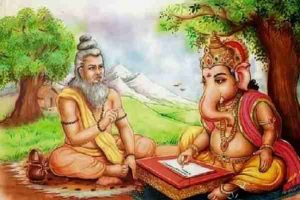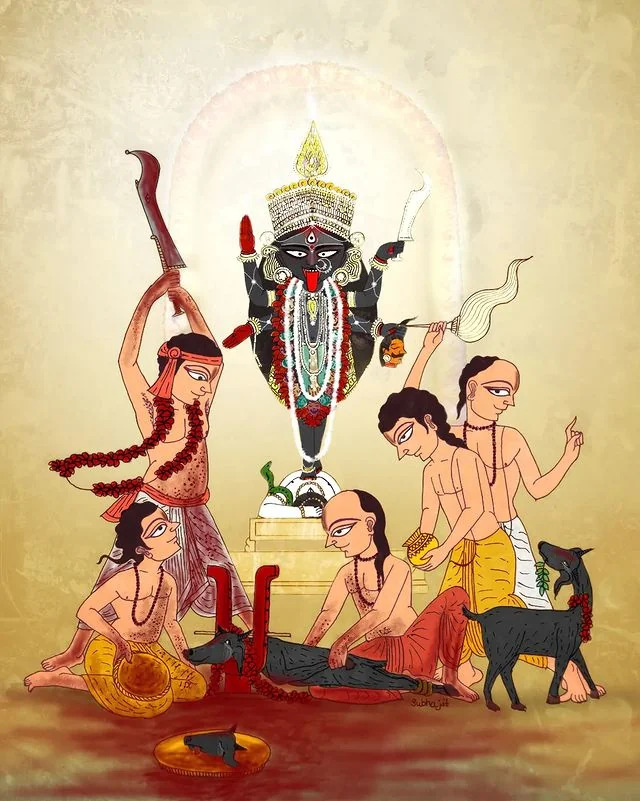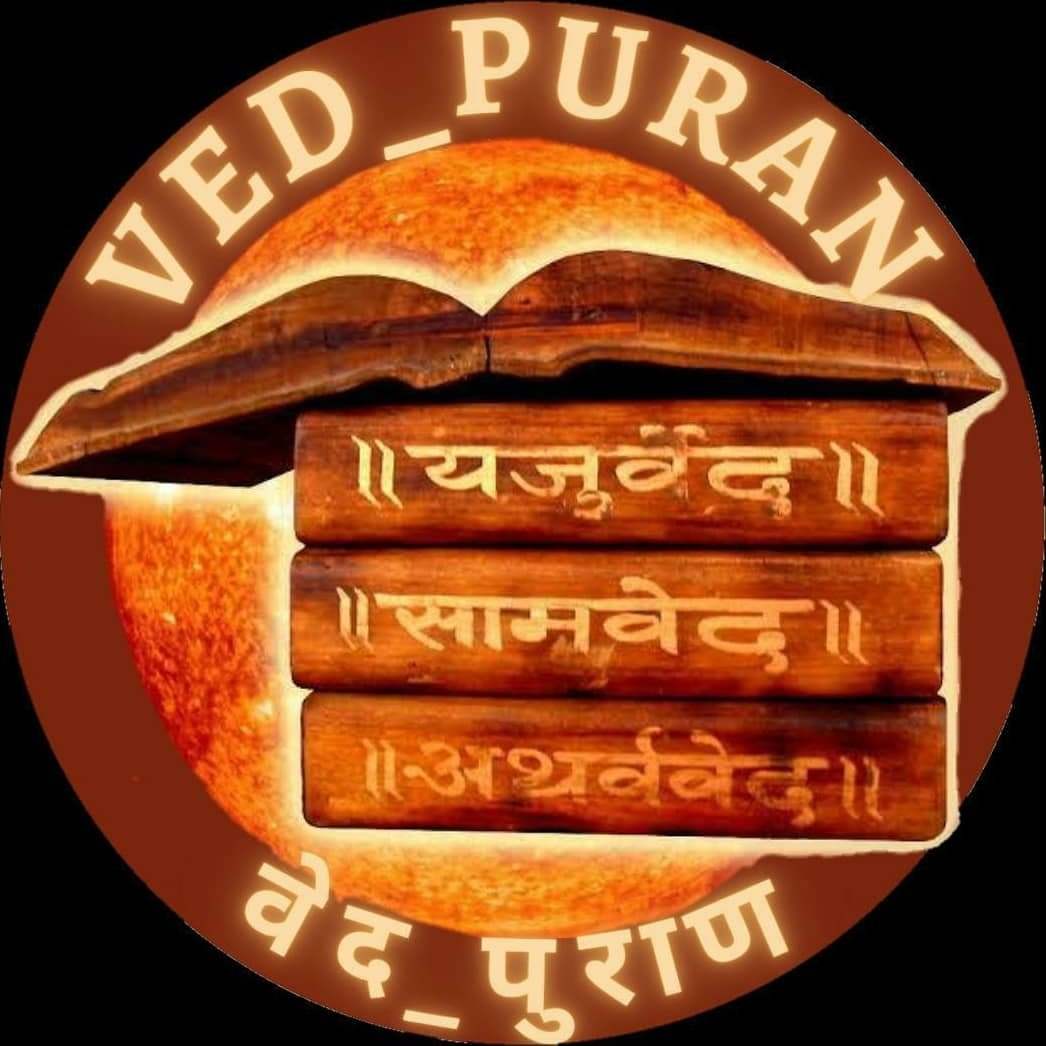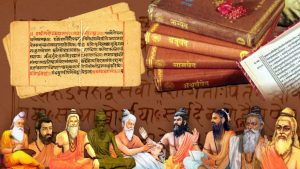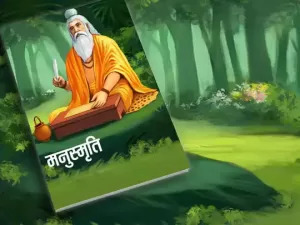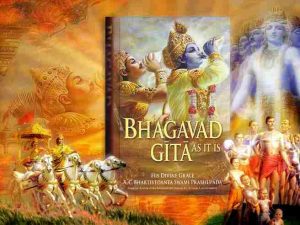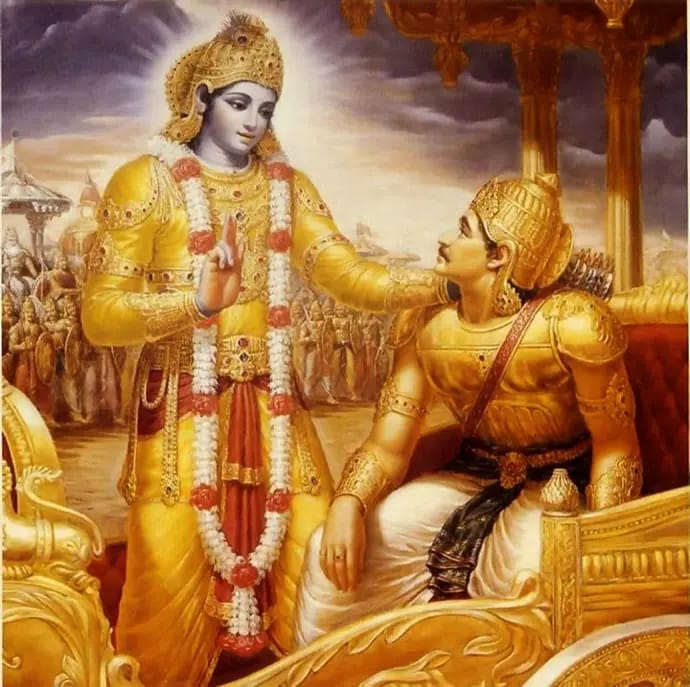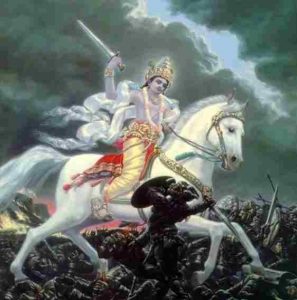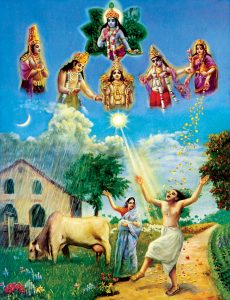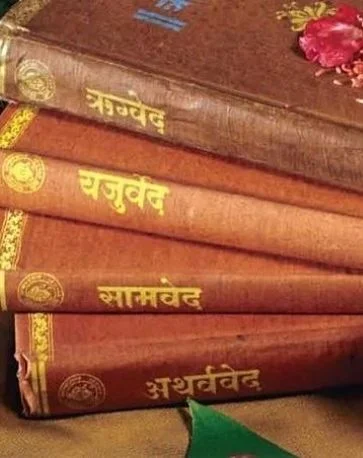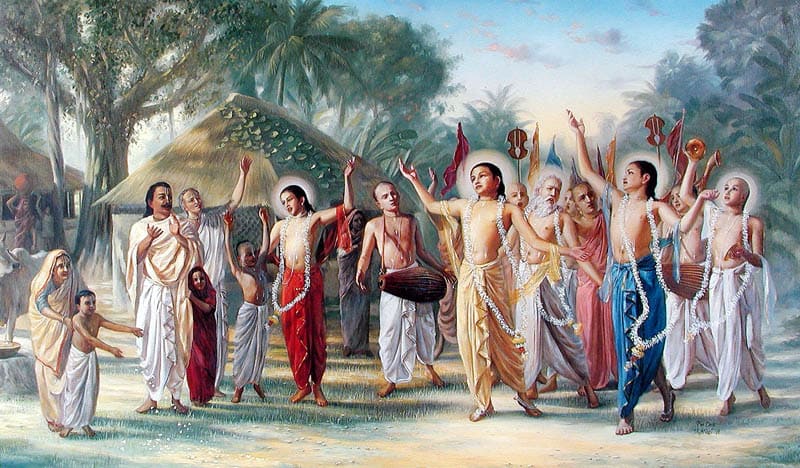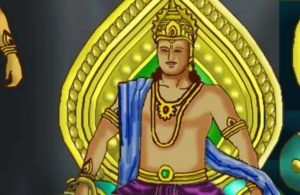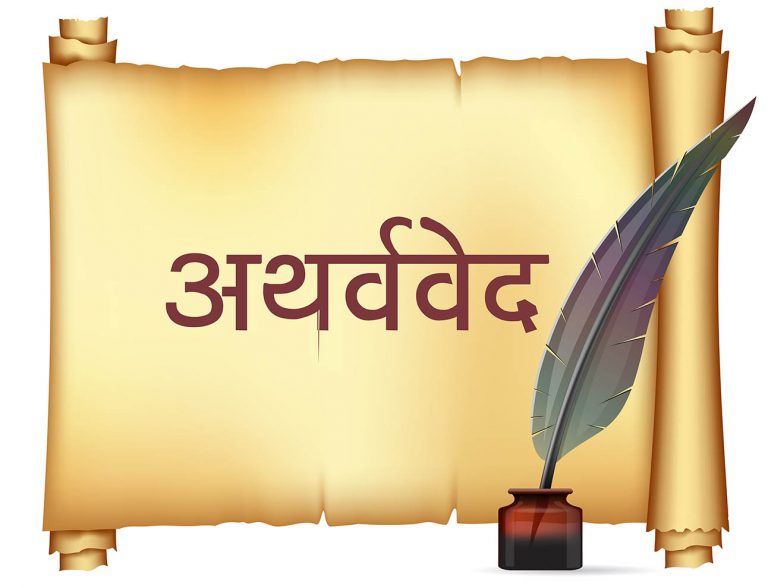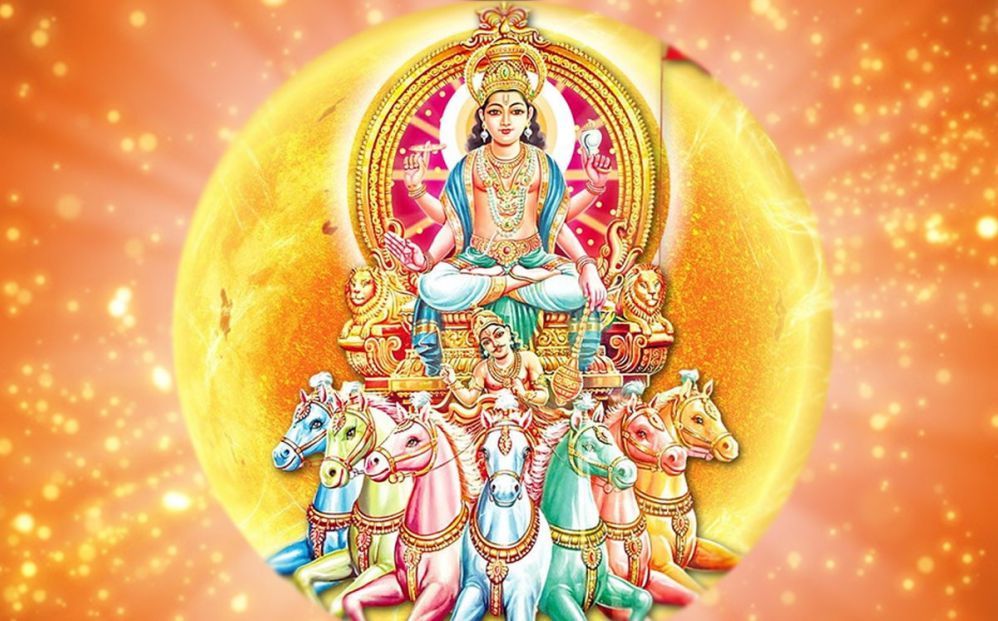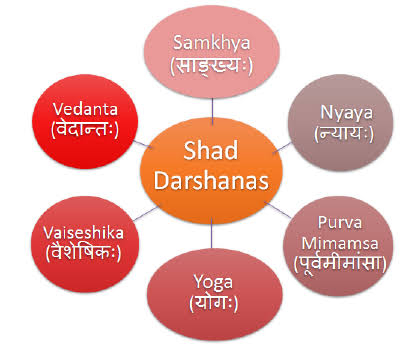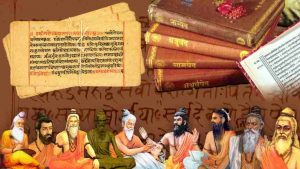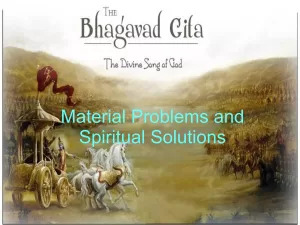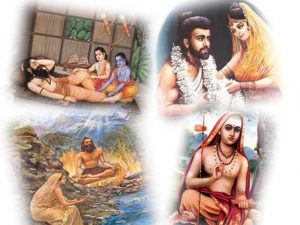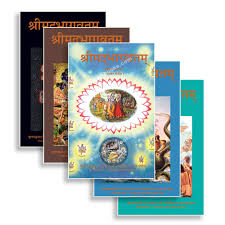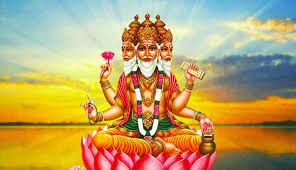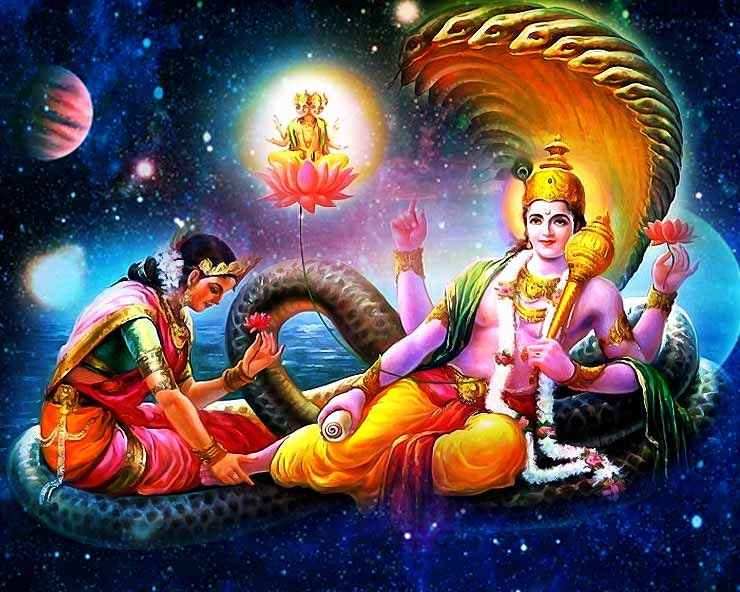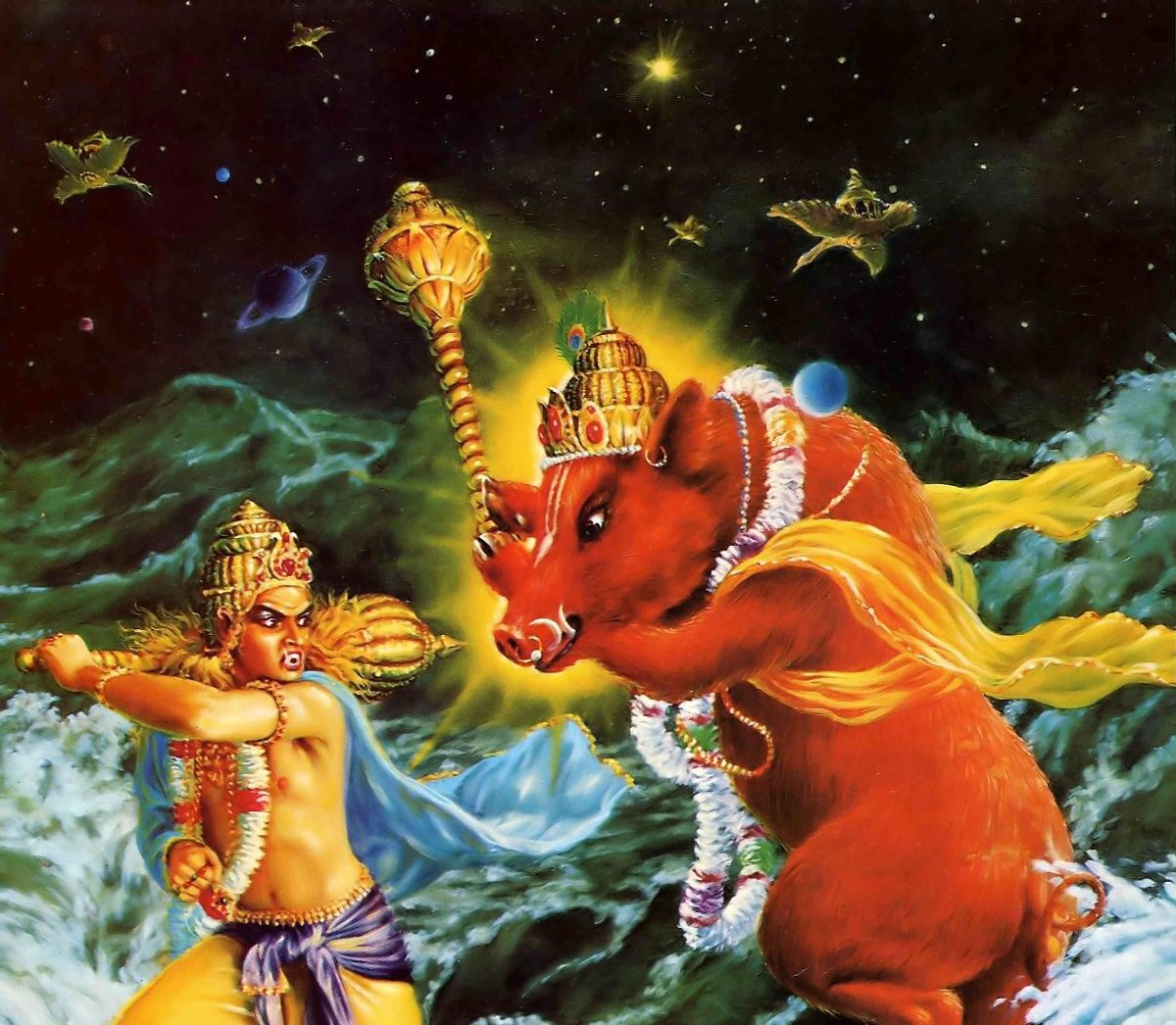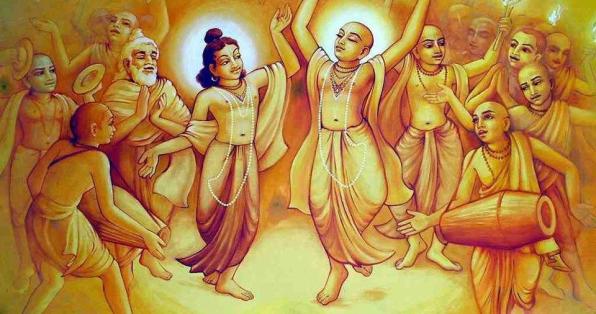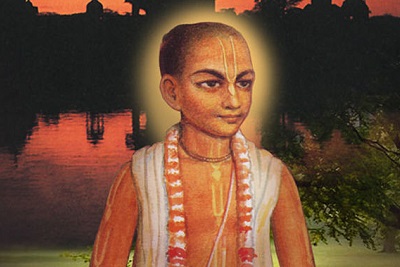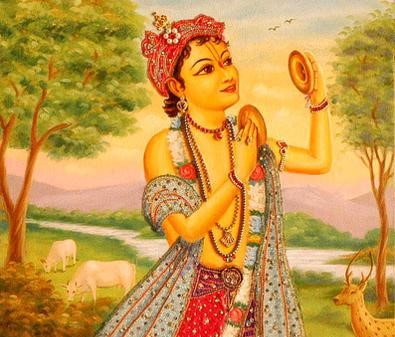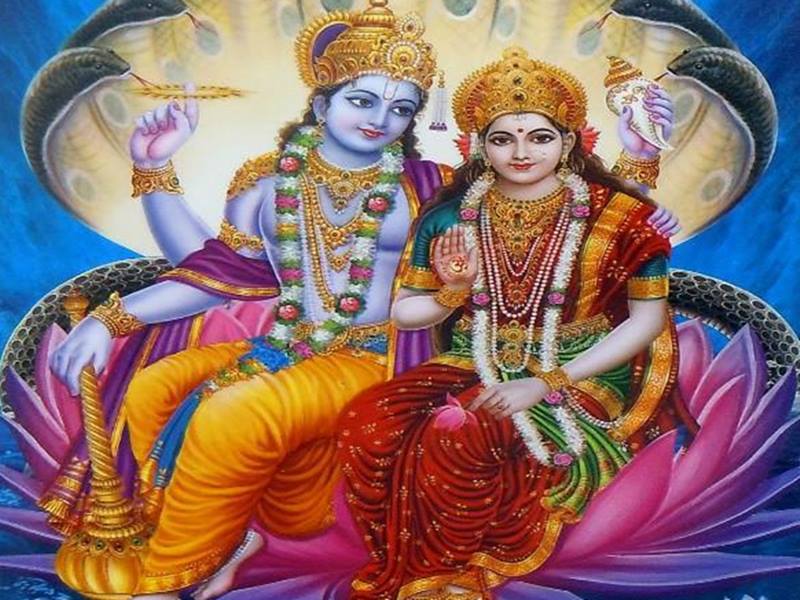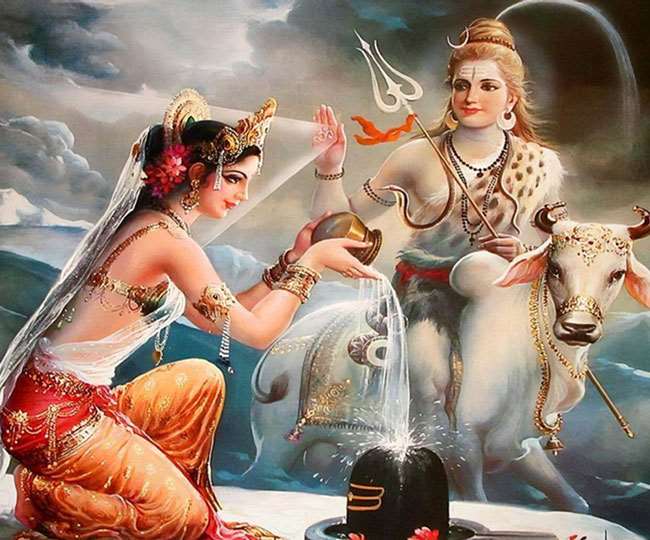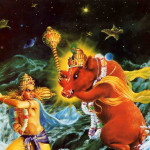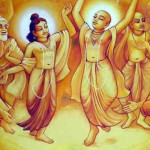Vedic scriptures describes the primary purpose indirectly conceding the actual purpose.
“If a father tells his child, “You must take this medicine by my order,” the child may become fearful and rebellious and reject the medicine. Therefore, the father entices his child by saying, “I am going to give you a delicious piece of candy. But if you want this candy, first just take this little bit of medicine, and then you can have the candy.” Such indirect persuasion is called parokṣa-vādaḥ, or an indirect description that conceals the actual purpose. The father presents his proposal to the child as if the ultimate goal were to receive the candy and only a minor condition must be fulfilled to receive it. Actually, however, the father’s goal is to administer the medicine to the child and cure him of his disease. Thus, describing the primary purpose indirectly and concealing it with a secondary proposal is called parokṣa-vādaḥ, or indirect persuasion.
Since the great majority of conditioned souls are addicted to sense gratification (pravṛttir eṣā bhūtānām), the Vedic karma-kāṇḍa rituals offer them a chance to become free from temporary materialistic sense gratification by making them greedy for fruitive Vedic results such as promotion to heaven or a powerful ruling position on earth. In all Vedic rituals Viṣṇu is worshiped, and thus one is gradually promoted to the understanding that one’s actual self-interest is to surrender to Viṣṇu. Na te viduḥ svārtha-gatiṁ hi viṣṇum. Such an indirect method is prescribed for bālānām, those who are childish or foolish. An intelligent person can immediately understand by direct analysis the actual purpose of Vedic literature as described by the Lord Himself (vedaiś ca sarvair aham eva vedyaḥ). All Vedic knowledge ultimately aims at achieving shelter at the lotus feet of the Supreme Personality of Godhead. Without such shelter one must rotate within the 8,400,000 species offered by the illusory energy of the Lord.
In Lord Caitanya’s movement there is no need to childishly pursue fruitive material results and gradually be dragged to actual knowledge. According to Caitanya Mahāprabhu:
harer nāma harer nāma harer nāmaiva kevalam
kalau nāsty eva nāsty eva nāsty eva gatir anyathā
In Kali-yuga life is very short (prāyeṇālpāyuṣaḥ), and people are generally undisciplined (mandāḥ), misguided (sumanda-matayaḥ), and overwhelmed by the unfavorable results of their previous activities (manda-bhāgyāḥ). Thus their minds are never peaceful (upadrutāḥ), and their very brief life span vitiates the possibility of their gradually progressing through the path of Vedic ritualistic activities. Therefore, the only hope is to chant the holy names of the Lord, harer nāma. In the Śrīmad-Bhāgavatam (12.3.51) it is stated:
kaler doṣa-nidhe rājann asti hy eko mahān guṇaḥ
kīrtanād eva kṛṣṇasya mukta-saṅgaḥ paraṁ vrajet
Kali-yuga is an ocean of hypocrisy and pollution. In Kali-yuga all natural elements are polluted, such as water, earth, sky, mind, intelligence and ego. The only auspicious aspect of this fallen age is the process of chanting the holy names of the Lord (asti hy eko mahān guṇaḥ). Simply by the delightful process of kṛṣṇa-kīrtana one is freed from his connection to this fallen age (mukta-saṅga) and goes back home, back to Godhead (paraṁ vrajet). Sometimes the preachers of the Kṛṣṇa consciousness movement also use the parokṣa, or indirect method of persuasion, offering a nice transcendental sweet to the conditioned soul to entice him to come to the lotus feet of the Lord. Caitanya Mahāprabhu’s movement is kevala ānanda-kāṇḍa, simply blissful. But by the mercy of Caitanya Mahāprabhu even one who is indirectly attracted to the Kṛṣṇa consciousness movement achieves very quickly the perfection of life and goes back home, back to Godhead.”
Source: A.C. Bhaktivedanta Swami Prabhupada (2014 edition), “Srimad Bhagavatam”, Eleventh Canto, Chapter 03 – Text 44.

